# 7 Risks of Visiting Nepal & How to avoid them
Despite being very safe country,----- because of the modernization and the influence of materialism ---- the people in the city and some rural areas are money-minded.
Nepal is safer than most countries. The risks are very few. And, you will feel very safe in fact.
It is because of the environment and the community. The natural kindness and the religious nature of the people reflect warm hospitality. And everyone welcomes you with a friendly smile -everywhere.
You will experience profound satisfaction once you are here. And there are some things, you need to be careful of. And, these are the top 7 major risks of visiting Nepal.
# 1. JULUUS - Strikes!!
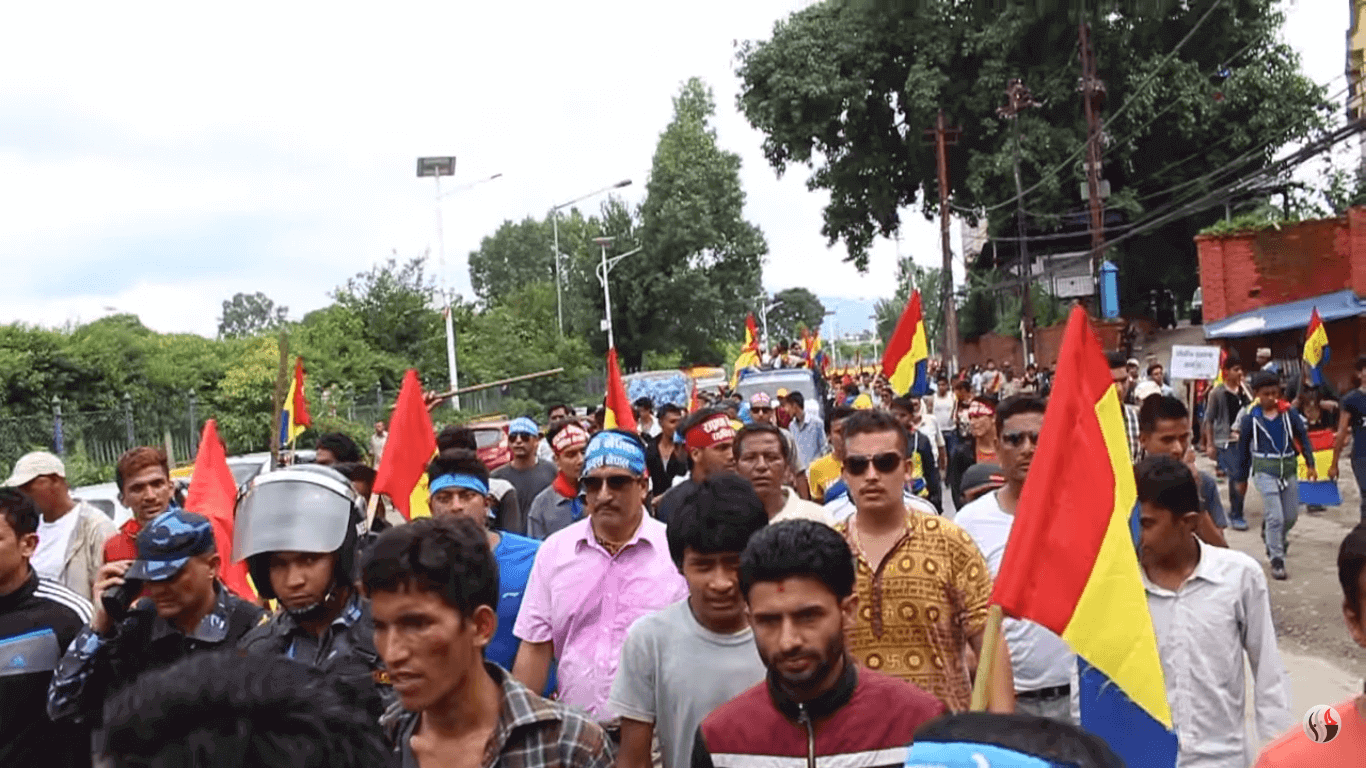
Recent strikes in Nepal are the influence of the past history.
Nepal became how it is after a long and violent strikes & demonstration. However, the strikes nowadays are less common and less violent because - Nepalese have had enough blood and tears.
Sometimes, strikes get heated up and during curfew - you must not get out to the public. And 'Chakka jam' - 'Stop Wheels' - is the situation where you are not allowed to use transportation.
In this circumstance - tourists can take help of the armed vehicles: offered with the help of Nepal Army Police. And, Ambulance and Press vehicles are allowed to operate.
WARNING
How to avoid?
Most stores are closed during these times so you should:
Book a nice lodge/hotel in the city and check out daily news.
Do not travel in a local or rented vehicle during Chakka Jam or Bandas. Protesters will throw stones and sometimes light up the vehicle.
# 2. No Electricity - Loadshedding
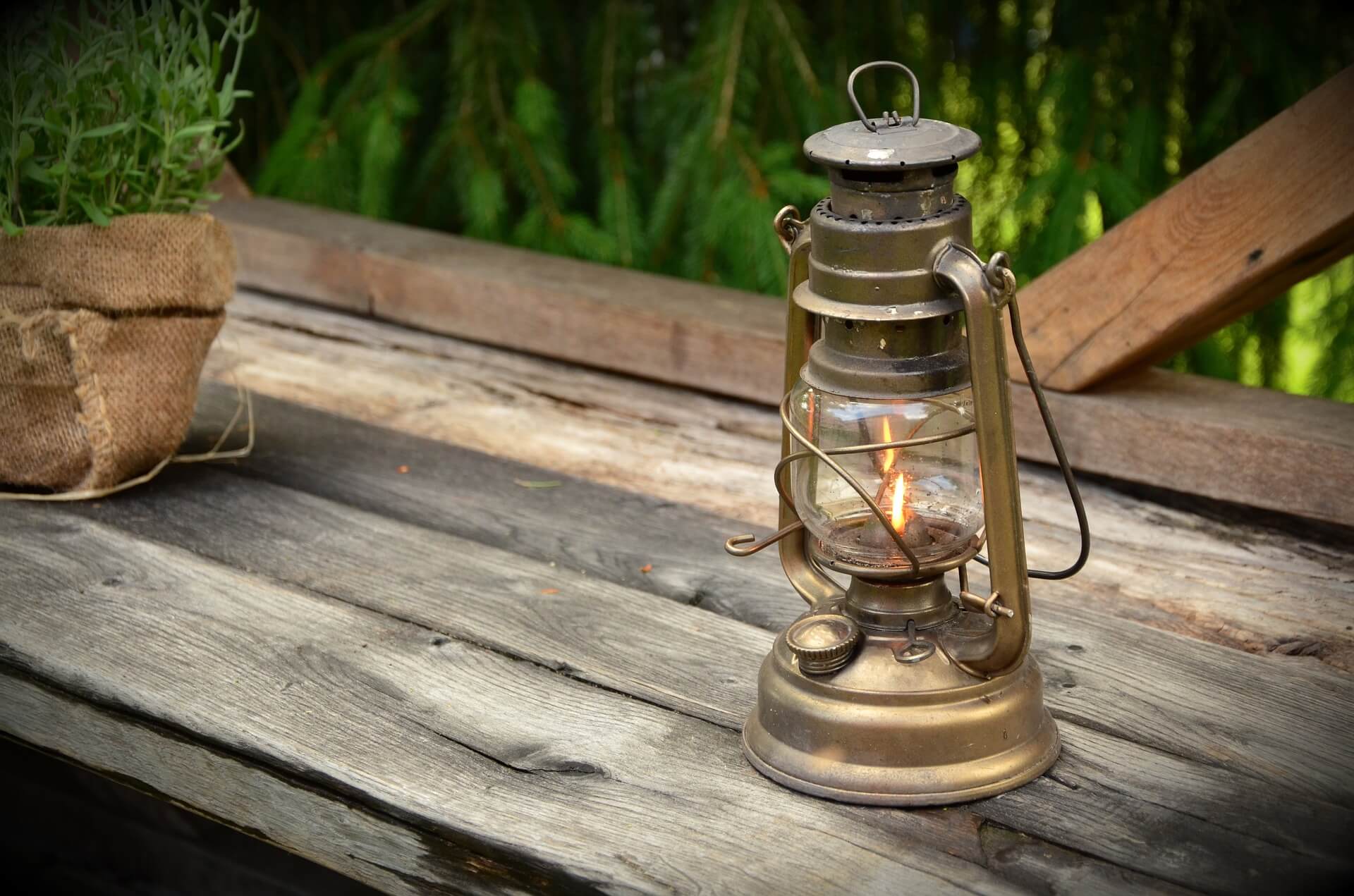
Let's face the fact - Nepal suffer power cuts periodically.
This happens more frequently and for longer times during the winter season.
This is more like a problem in Nepal, rather than risks for Tourists.
WARNING
How to Avoid?
You can't avoid the situation but the best advice would be to:
Bring solar chargers & extra batteries for gadgets
Download load-shedding schedule of the area or ask for one with hotel staffs
Stay in an accommodation with generators and ask for a room which is farthest from the generators.
# 3. Theft - Look out for your Luggage
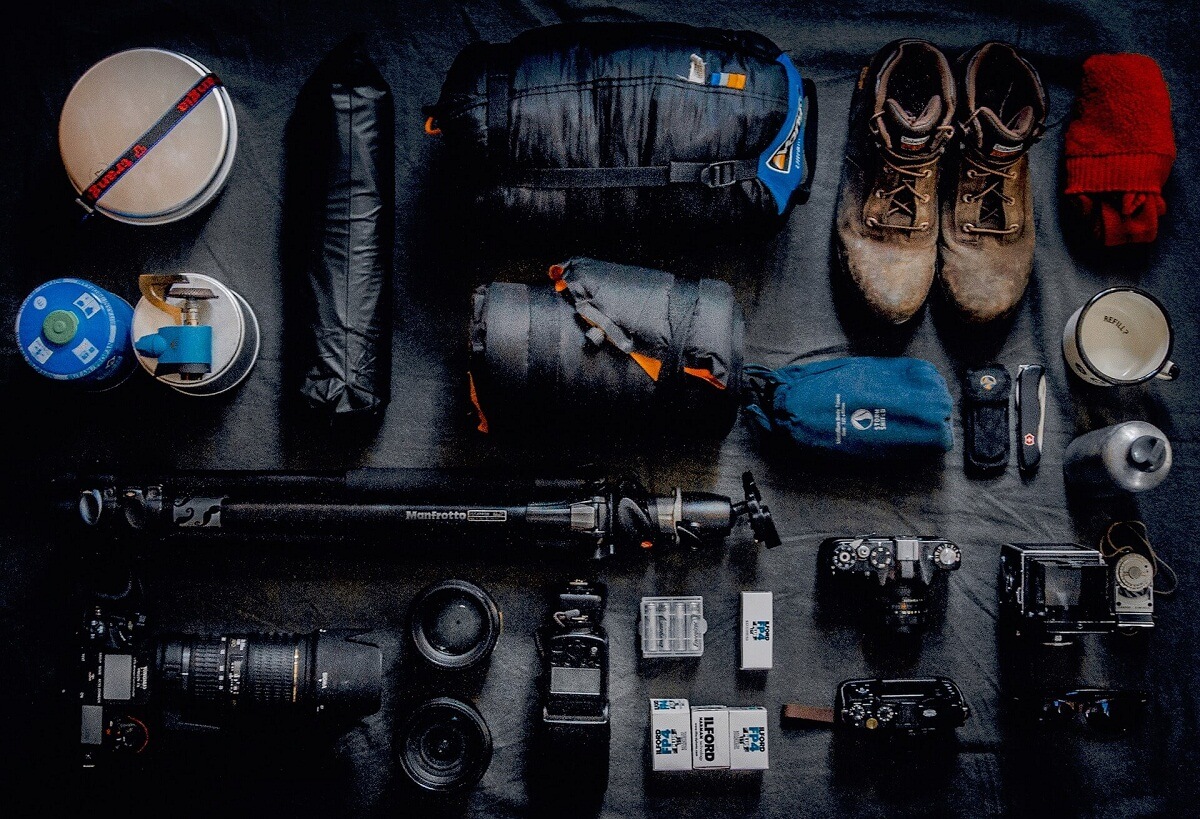
Pick-pocketing and robbing tourists are very rare in Nepal.
However, there are reports that your luggage in Hotel rooms & Buses (most common) are extensively rifled with an intent to steal gears. Once someone steals the gears, it is difficult to reclaim.
WARNING
How to Avoid?
The best way to protect yourself is to:
Buy your own Key & Lock for hotel and luggage each (especially for the lodges in the Trekking routes).
Keep a close eye on your bag while traveling on land.
If stolen; it is difficult to get a police report for insurance. The best option is to report at Tourist Police Station or Head Interpol.
# 4. Trickery/scam/fraud
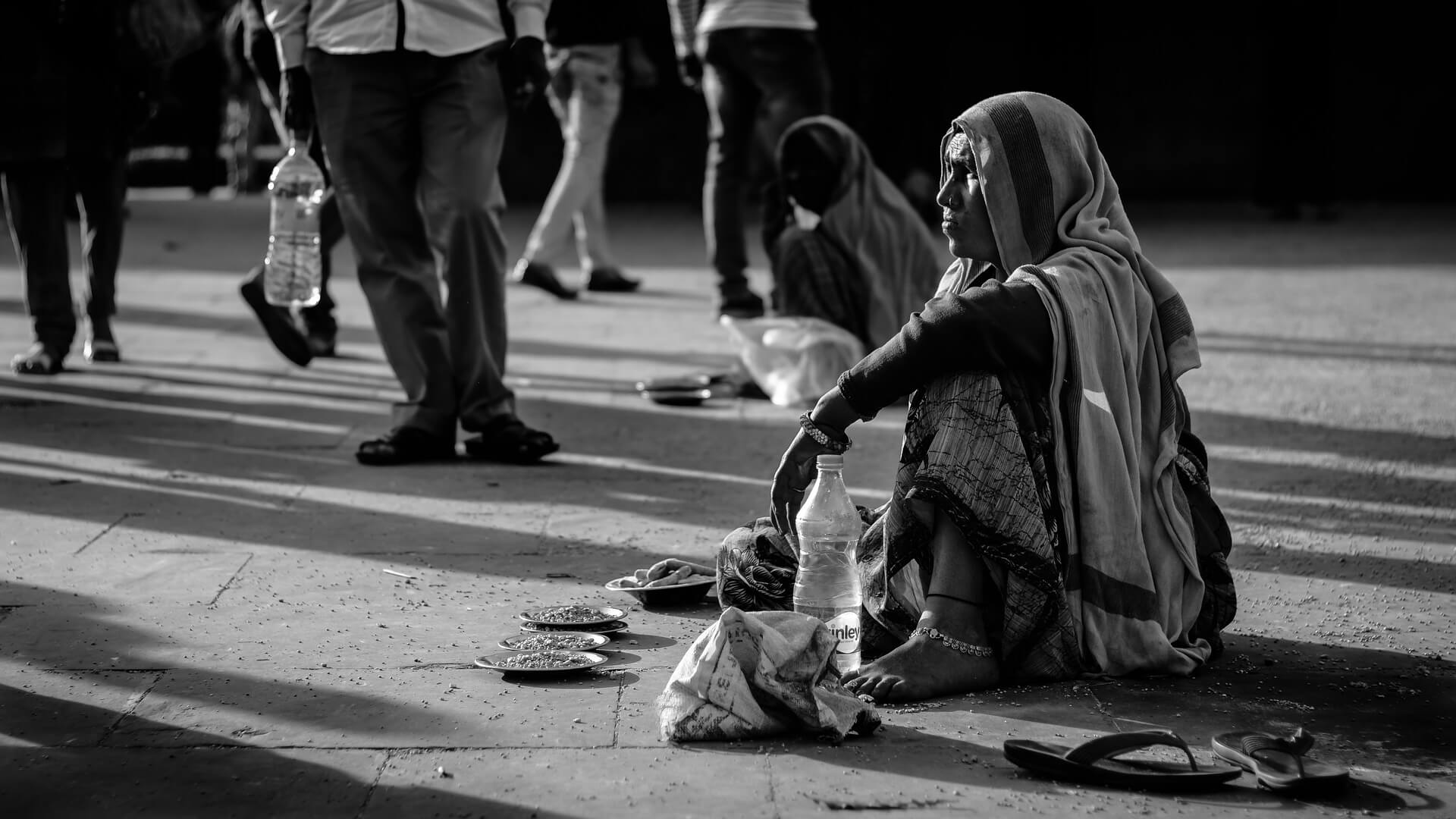
Scam, Fraud, or Trickery - whatever you give it a name. It is a problem in the whole world. Nepal is no different.
Most of the scam are temporary - once they become public, almost any tourist can avoid.
In case of Nepal, following are the most popular type of scam, fraud or Trickery.
* Hashish Seller - It is illegal to buy/sell hashish in Nepal. It is actually not a scam - but an illegal business. Sometimes, they are really hashish seller who wants to sell and earn money. Other times, they are connected with the police and you get caught mysteriously after buying hashish. Ony to get fined and later the hashish is returned to the seller. It is no good, stay far away and enjoy the Himalayas instead.
* Free guided tour - In popular places like Patan Durbar Squares, you are persuaded to be given a free guided tour of the city. And later a decent tip is expected. And sometimes, you are convinced to buy Thanka from which they get a commission.
* Milk Scam - Especially in Kathmandu and Pokhara (populated tourist hubs), the Milk scam is very popular. The scam works like this - A kid with a broken smile, dirty clothes and very sorrowful face approaches you and asks you to buy milk. Being human and feeling pity, you agree to actually buy the milk. Only to realize later, that the kid later went back to the store to return the milk and get half the commission.
* Holy Men - The streets of Thamel is filled with every kind of people. Holy Men is one of them - he comes in traditional dress carrying red tikas and flowers. His scam works like this - You are walking along the street, and this man ' Holy Men' comes out of nowhere and tries to put holy TIKA in your forehead. If he is successful, you owe him a donation. Good Luck! - The best way to avoid this is to put TIKA from near Temples, on your forehead. They avoid people who've already put TIKA.
* The TAXI driver who don't know the location - Yeah! this one. It is very popular near the airport. New tourists who are unknown of this scam is easily scammed. How this scam works is simple - the taxi driver doesn't know the location of your hotel and convinces you to take to the better hotel. He gets commission and you pay more money. Avoid this by making sure that Taxi driver knows where you want to go.
WARNING
How to Avoid?
These scams happen due to the economic condition of Nepal. The best way to help them is to give your unwanted belongings after trekking or leaving anything unused to the social organizations of Nepal. There are many of them.
And this is still, better than trying to avoid it.
# 5. Altitude Sickness - a lesson in the Himalayas
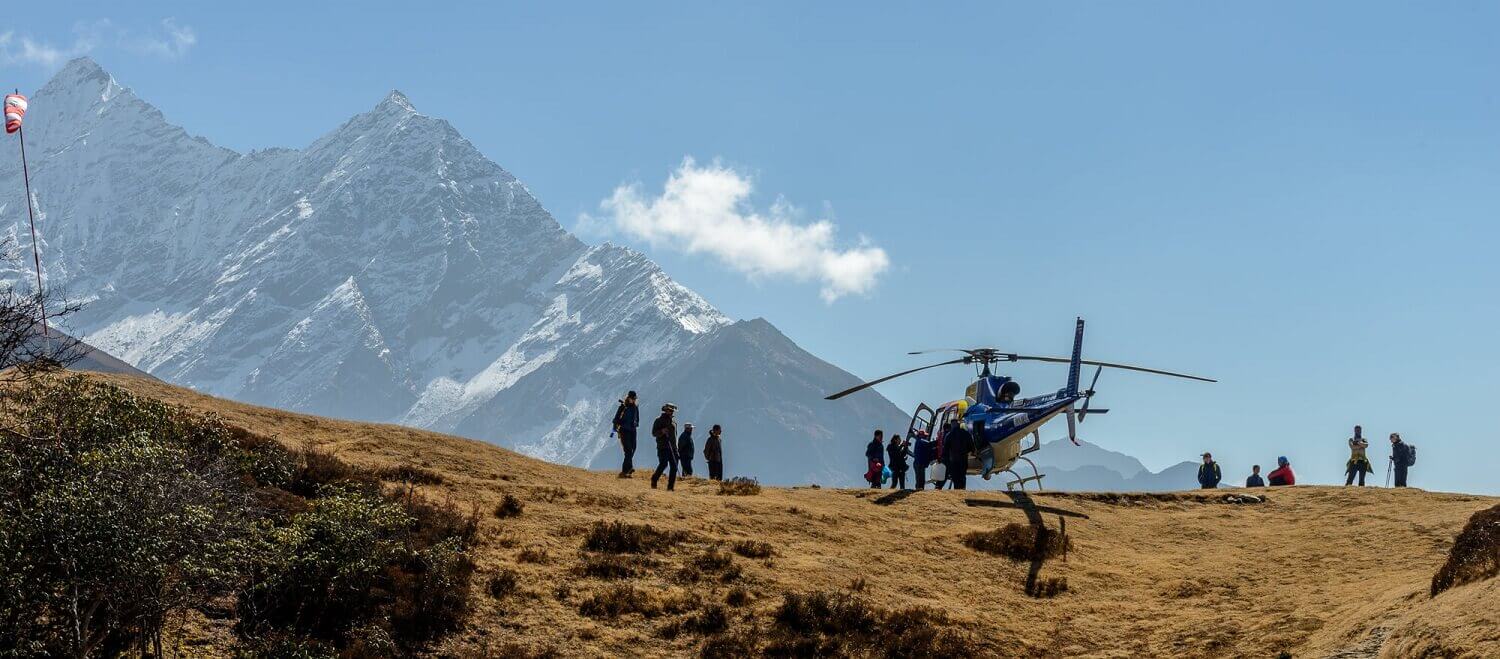
The blissful moment in the Himalayas comes with a price. That price is - Patience.
Tourists are excited to see mountains and want to rush near them as soon as possible. But wait!
Be careful - you need proper acclimatization. We are not racing - there is enough to see for everyone. You have to understand that the Himalayas wants you to stop, take a moment and enjoy the surrounding.
It is not the time to hurry. We better take the opportunity to satisfy our eyes and hearts as much as possible.
WARNING
How to Avoid?
For the best experience of trekking in the Mountains - Plan a vacation with proper acclimatization days. If any sign of altitude sickness shows - take medicine (possibly Diamox). Return back immediately to the lower altitude if the situation worsens.
WARNING
These are the primary signs of AMS:
* Headache
* Poor appetite Nausea (feeling sick)
* Vomiting Fatigue (feeling tired)
* Dizziness
* Poor sleep
# 6. Game of Nature - the unpredictables
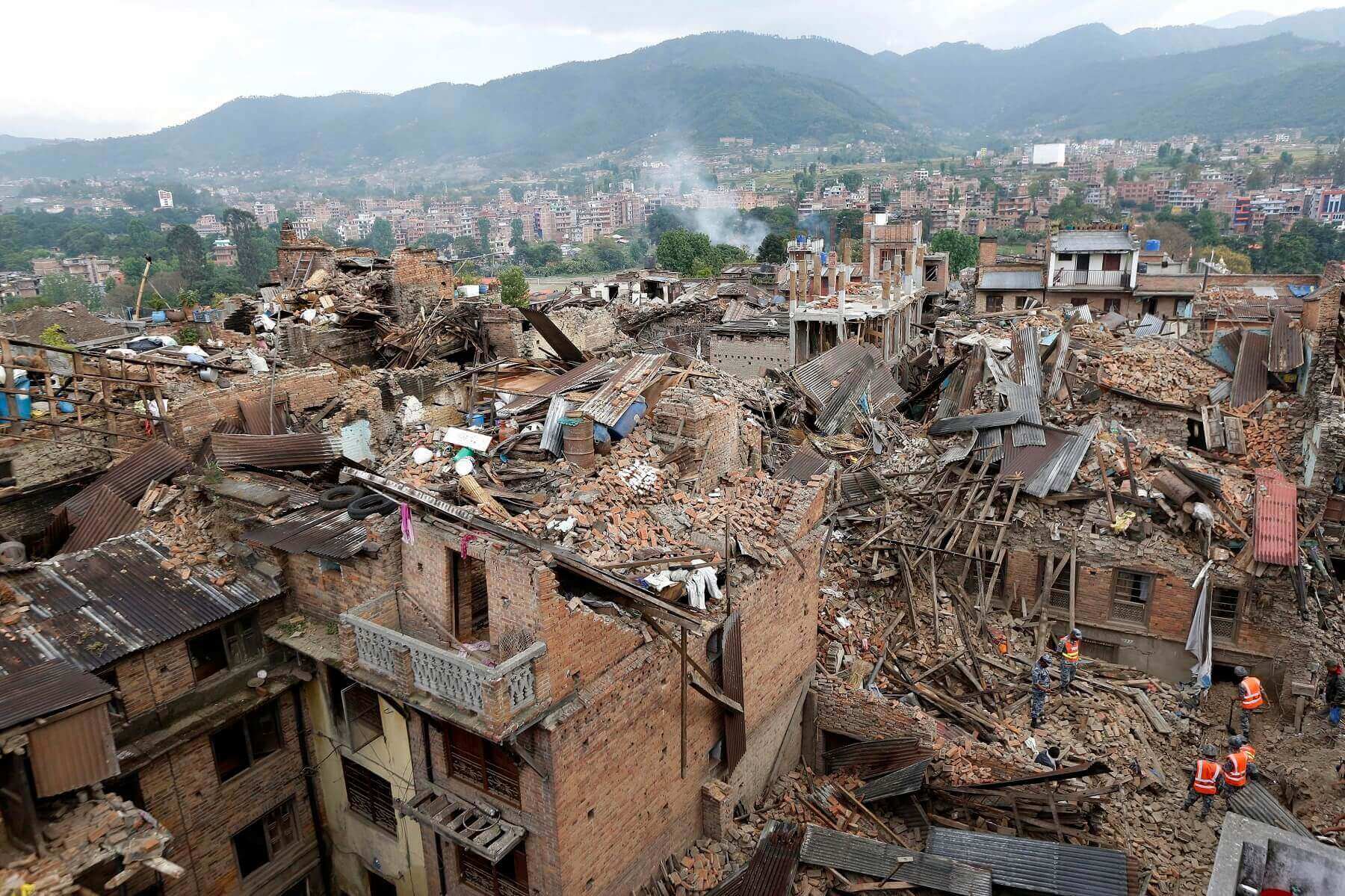
Mother Nature is unpredictable. You don't know when next landslide happens, when next glacial lake outbursts, or when the next Earthquake occurs.
This is another major risk of visiting Nepal - the Himalayas.
WARNING
How to Avoid?
Visit Nepal in the Peak season (spring and autumn). The weather is calmer and if any contingencies occur in the Himalayas - it is easier to organize the rescue operation.
Know the possible landslide places and the age of dam, if you are going near an artificial lake.
# 7. Hygiene - the Water/Food/Disease
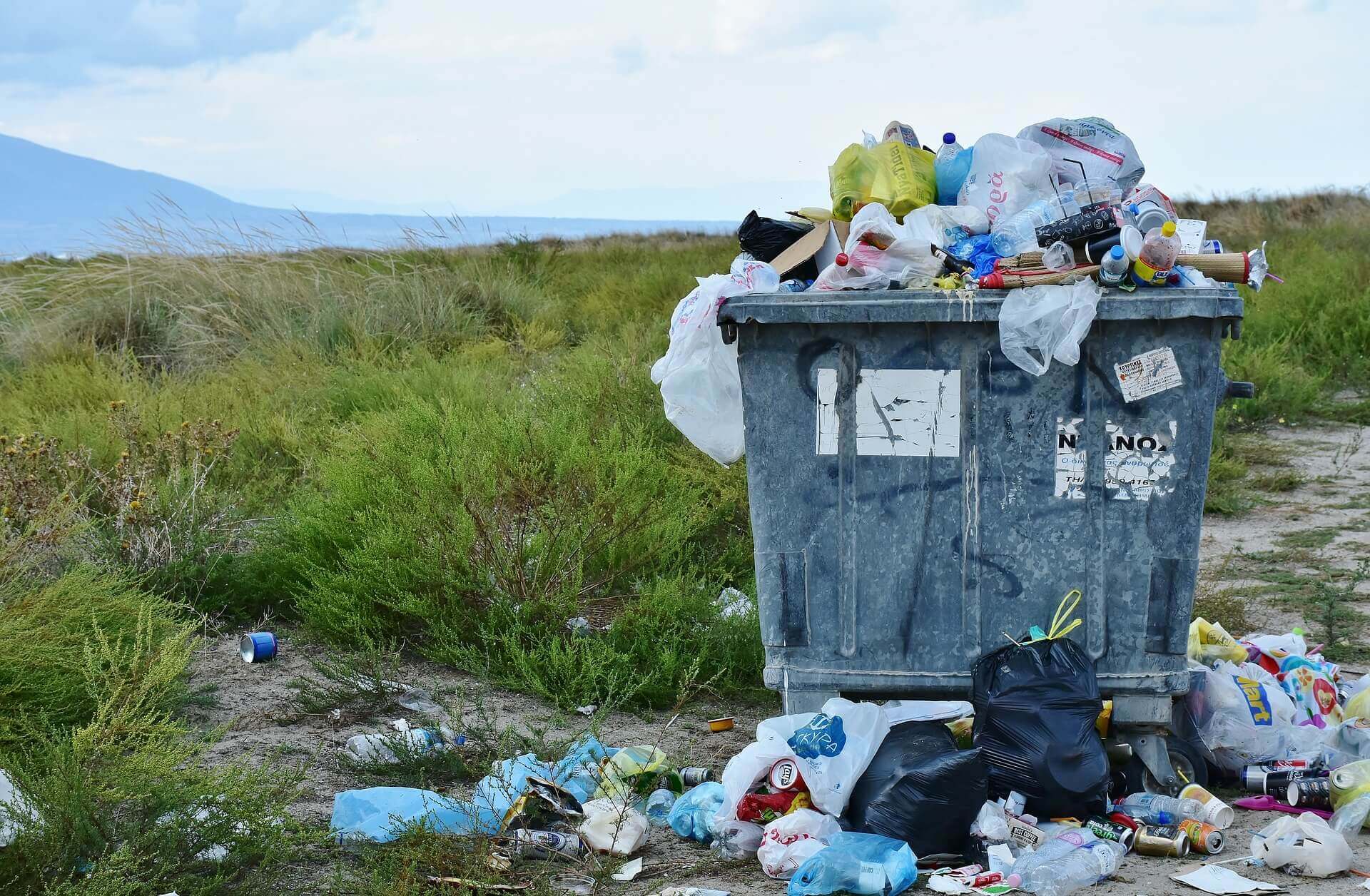
Populated and polluted city 'Kathmandu' - carry different respiratory related diseases.
You can see other Nepali people using masks to avoid dust and diseases. It is better to buy yourself one. But one thing to remember is that - the scenery and the air dramatically change once you get out of the vicinity of Kathmandu.
WARNING
How to avoid?
For water in Kathmandu - you can buy bottled mineral water. In trekking routes, water is very expensive and keeps on increasing with the altitude. It is affordable to buy water filtering tablets from clinics in Kathmandu and use them to filter the water. In trekking routes, there are taps for water and they are free. You have to carry your own water bottle and fill with tap water - use your iodine tablet and drink the water.
More things to avoid:
* Street vendors or any other unhygienic establishments do not offer hygienic food - you can see them by yourself.
* Raw or undercooked foods - avoid!
* Eat fruits after washing and peeling them by yourself.
* Take carbonated beverages/water and bring your own water filtering tablet.
* Carry enough toilet roll - remember Nepal have squat toilets. Some high-end hotels in trekking routes offer rolls at a premium price.
* Bring sanitizer to wash hands in mountains.
* Bring a medicine for diarrhea too (most mountain foods are not easy to digest for foreigners).
* Mosquito repellant helps.
You've known the risks of visiting Nepal and how to avoid them. I hope you find the information useful. Share with your partner, spouse, family or buddy who is coming to Nepal & help them too.
